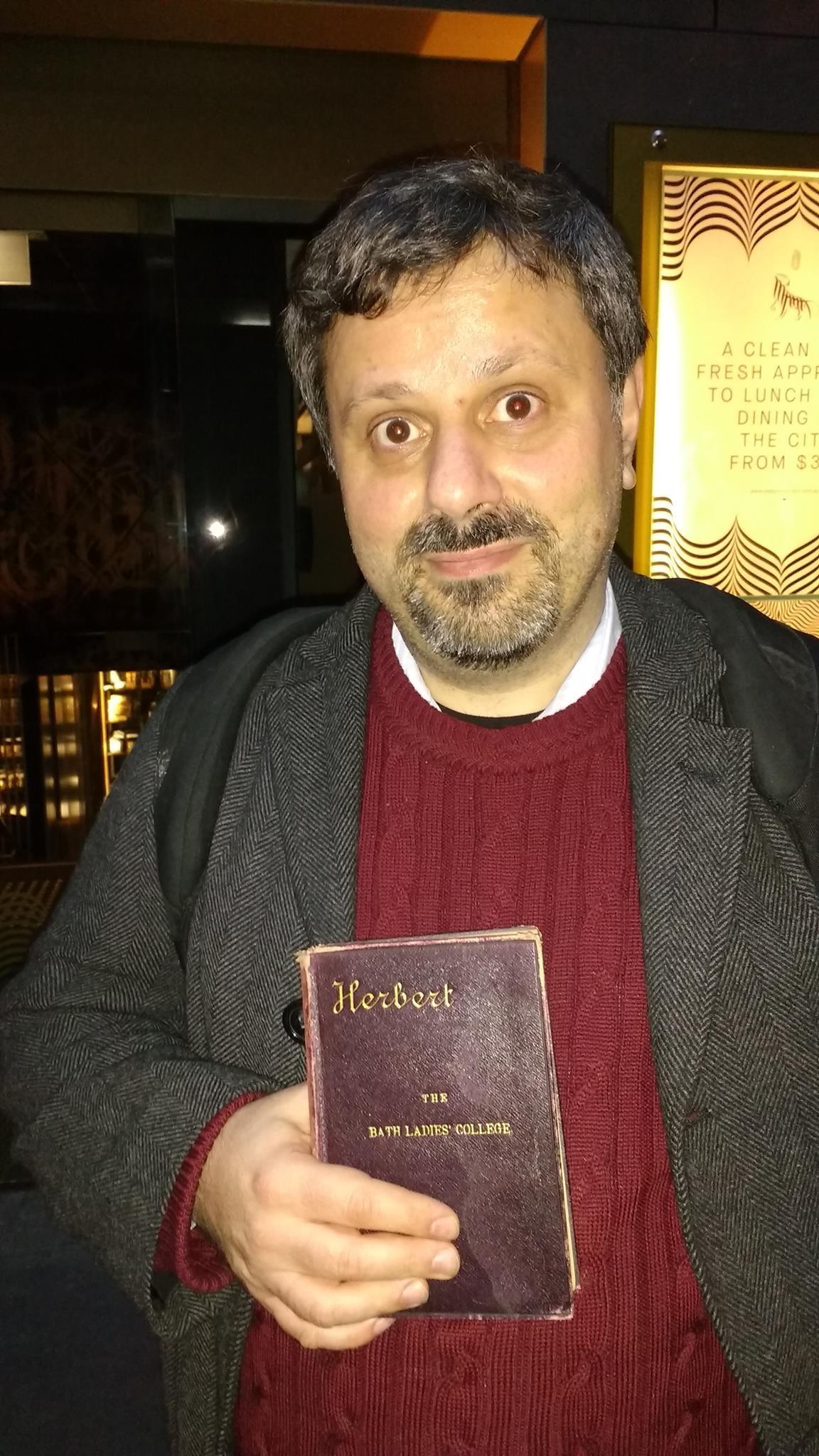This question propagates through friendship networks, and I’ve been reluctant to join in. I don’t want my nominations to be a mutual backslapping club; Top Writers are seen by outsiders as a clique already. And I’m unhappy about the lack of transparency of the award, or the fact that they hang in a closed Facebook group.
On the other hand, let me not be ungracious to my fellow mutual backslappers. It’s not like I knew them before I joined Quora, and it’s not like I friended them for the hue of their eyes. I don’t need a red quill to tell me that Michael Masiello and Dimitra Triantafyllidou are amazing and perceptive writers. Or that they are good souls.
So. I will not nominate them, out of an abundance of caution, though it is blatantly obvious to me that if they don’t deserve a red quill, noone does. For the same reason, I subscribe to the virtues of Joachim Pense and Dimitris Almyrantis that they have pointed out, and will not name them either.
I will instead go through the list of people I follow, and pick others I think are clear candidates, that have not already been mentioned. I’m stopping at three, because otherwise the choices get too painful:
- Irene Colthurst. This woman is not already a Top Writer why, exactly? A walking encyclopaedia of Americana and American politics. A courageous and minutely well-informed voice.
- Kelley Spartiatis. Just a fricking, foul-mouthed ray of sunshine. Engaging, hilarious, forthright.
- Lara Novakov. For the sheer joy of seeing her explore the world with unjaded eyes.
